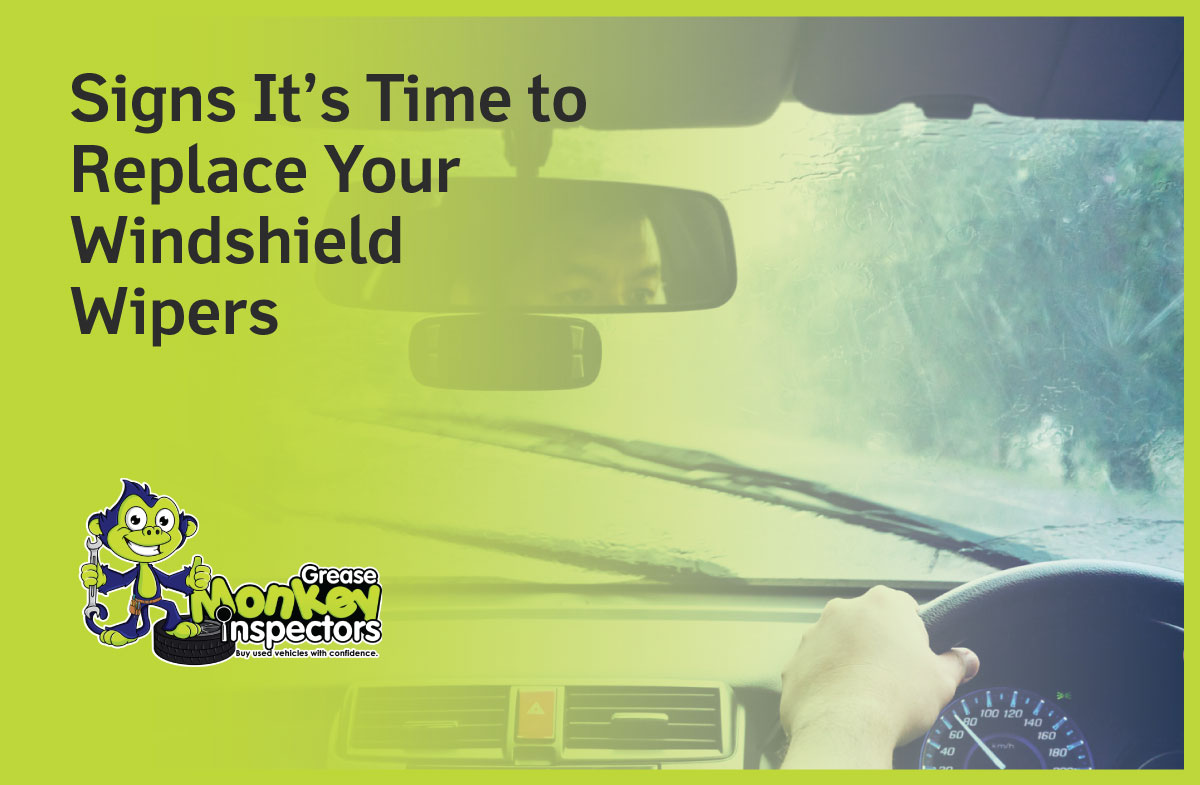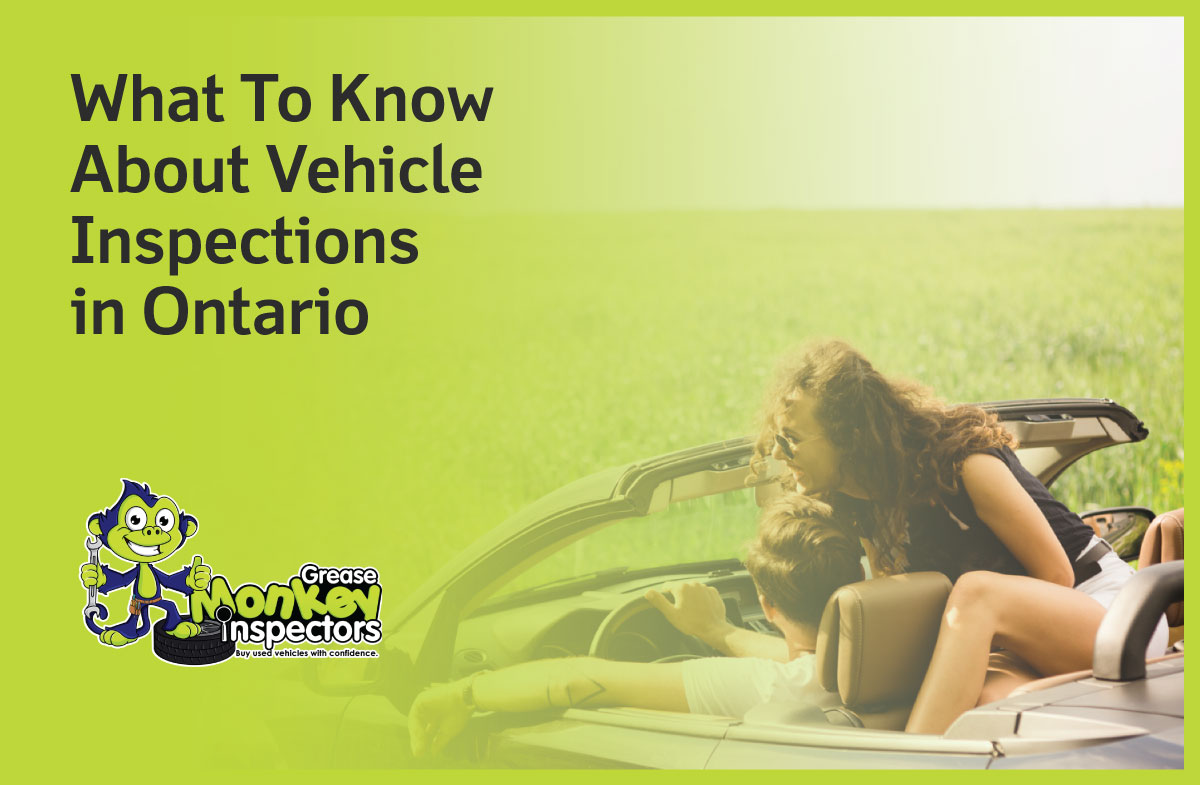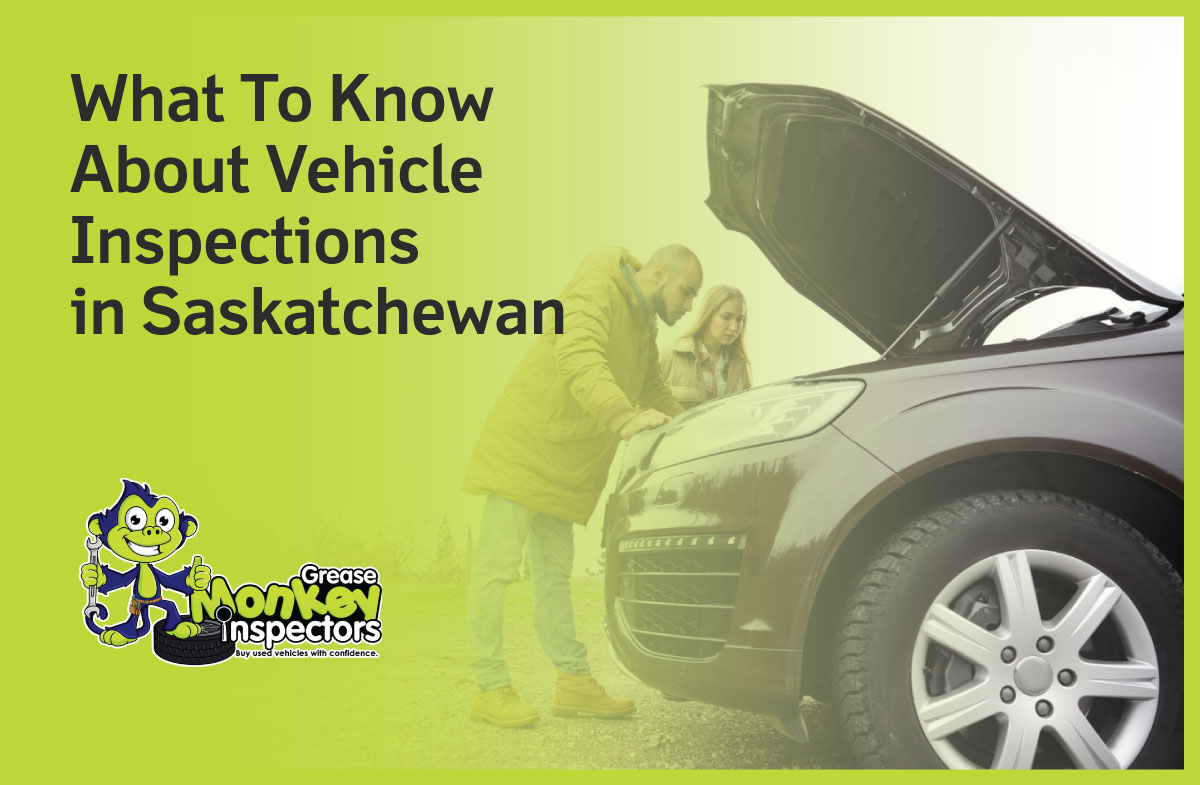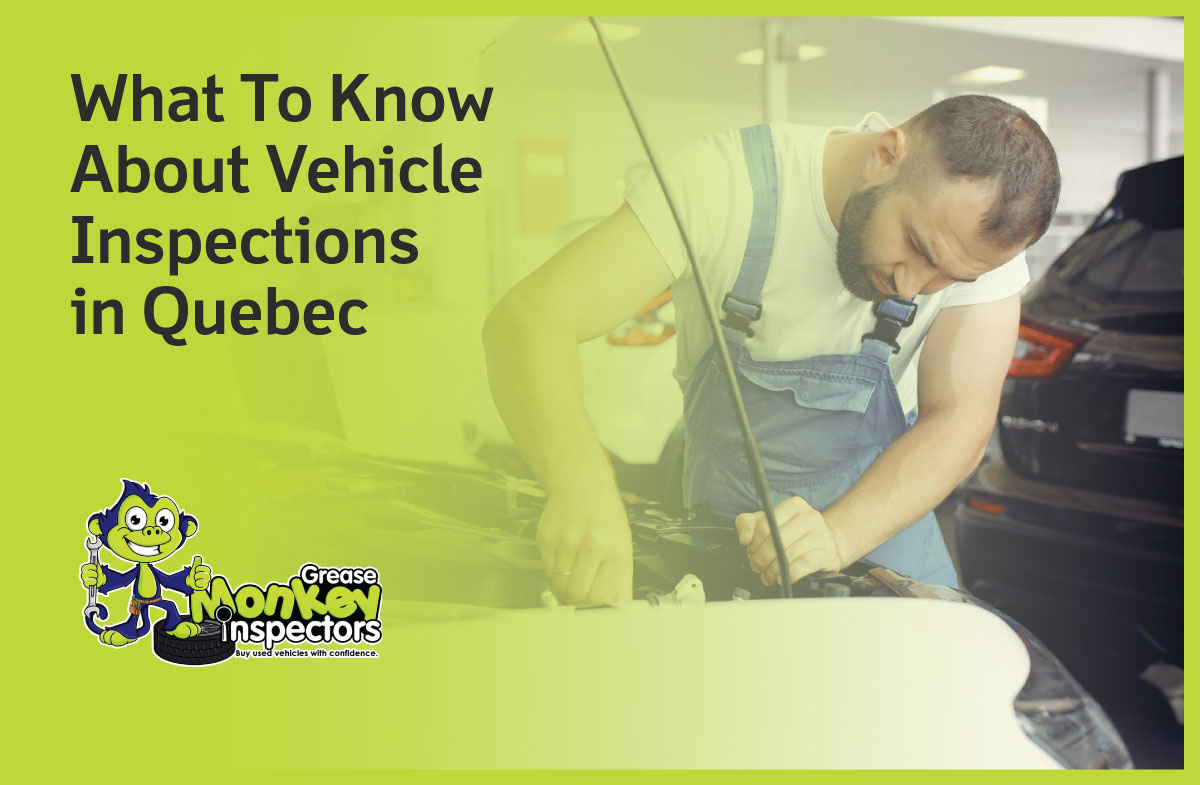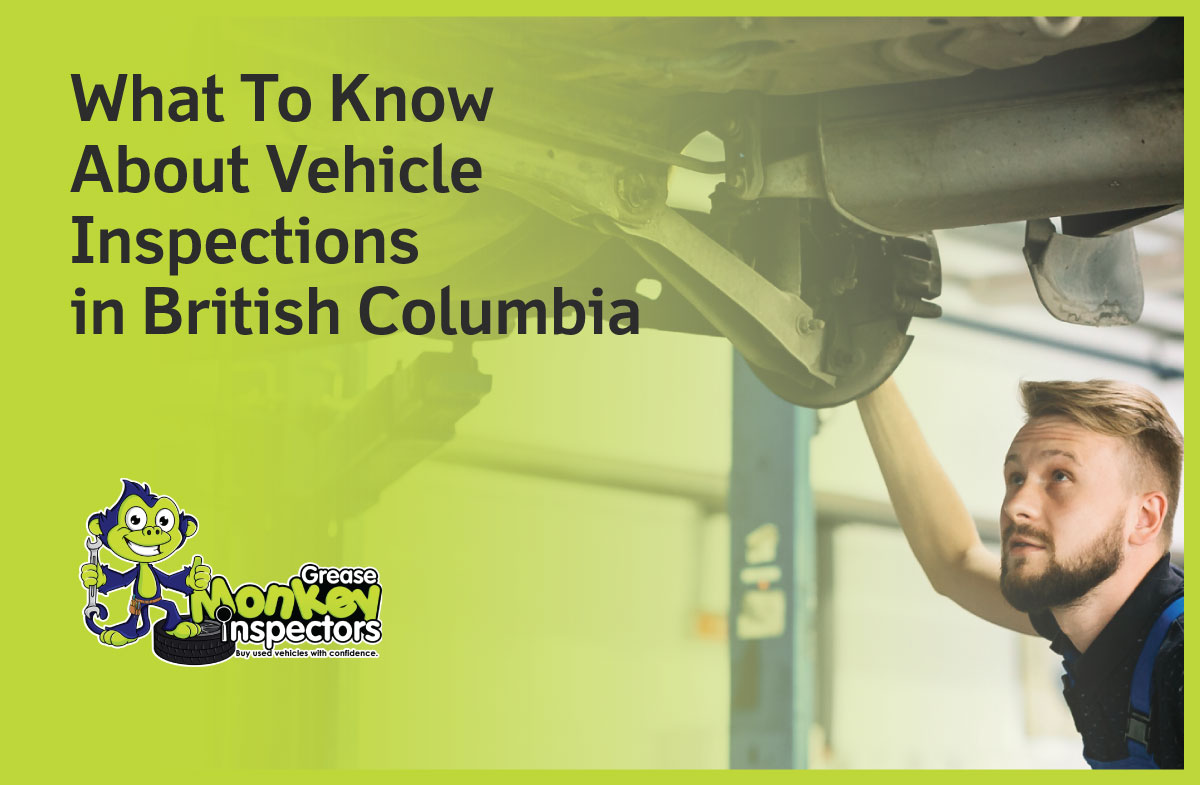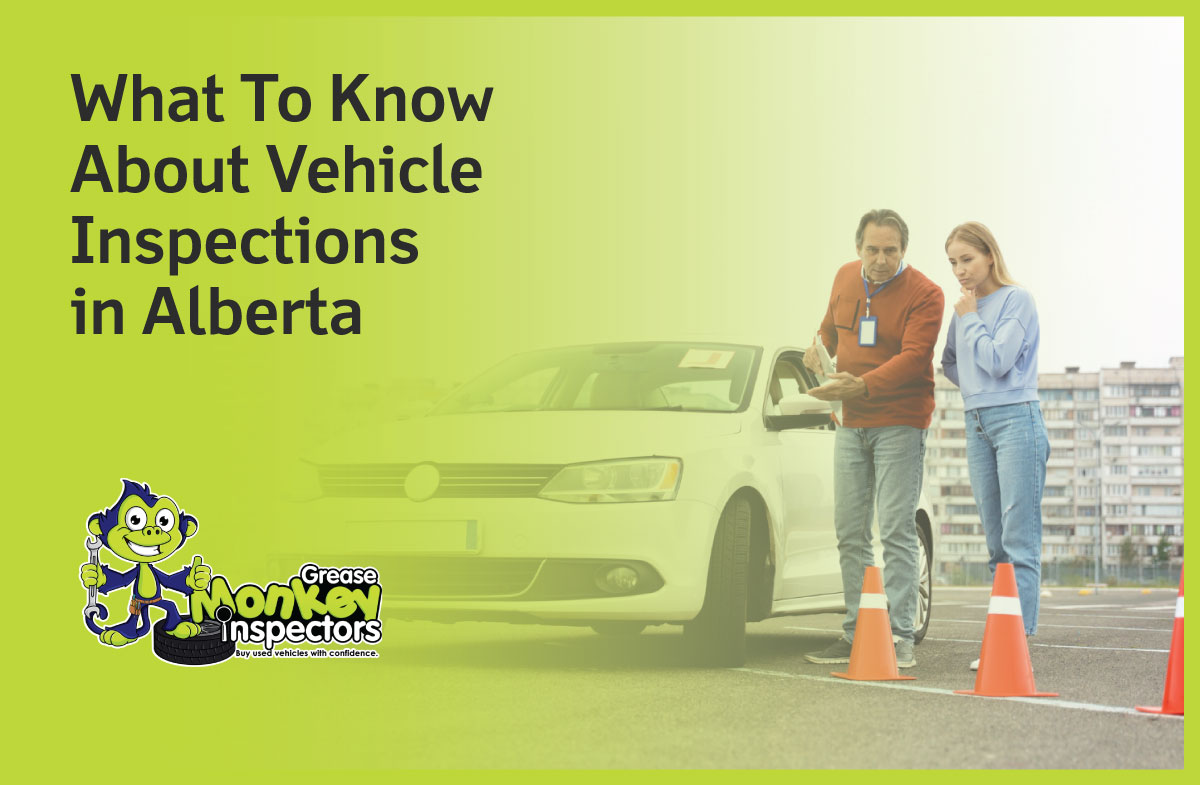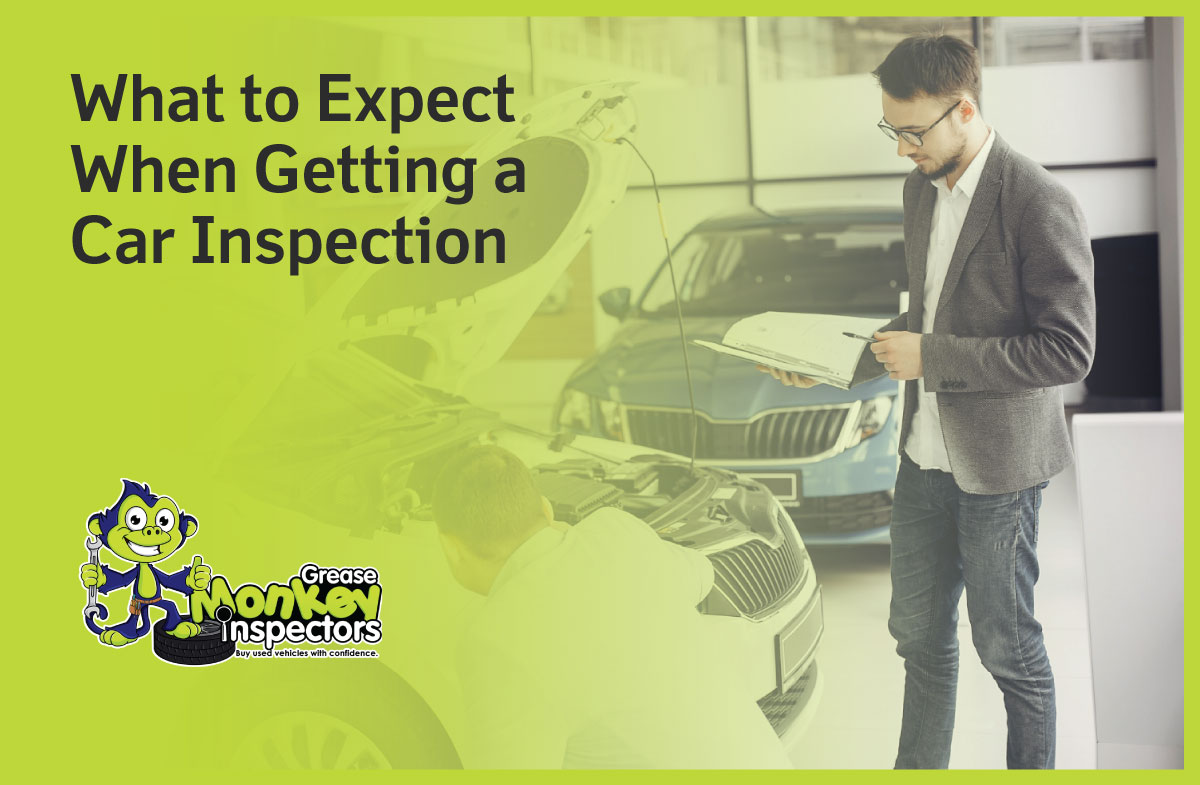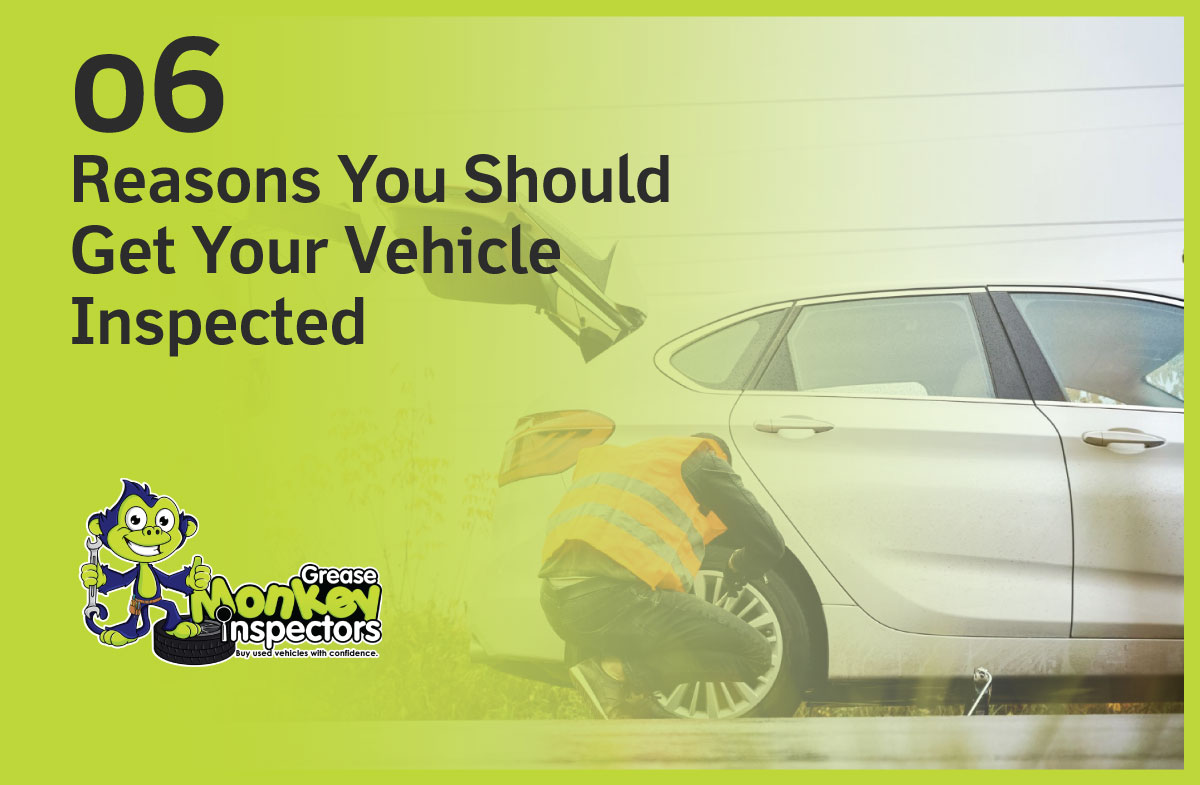If you’re dealing with a vehicle that smells like cigarettes, you know how uncomfortable it can be for both drivers and passengers. At Greasemonkey Inspectors, we understand how frustrating it is to get rid of smoke smell in a car. Whether you’re a previous smoker or purchasing a used vehicle, we’ve got you covered with proven tips to eliminate cigarette odor from a vehicle and make your car feel fresh again.
Start by Airing Out the Vehicle
The first step to remove cigarette smell from a vehicle is to air it out properly. Roll down all the windows and allow fresh air to circulate throughout the interior. To speed up the process, use a fan to vent the outside air through the car. While this won’t completely eliminate cigarette odor from the car, it’s a good start.
Vacuum Thoroughly
Vacuuming is crucial to remove residue left by cigarette smoke. Use a cordless car vacuum cleaner to tackle all the nooks and crannies inside the car. Before vacuuming, use a brush to loosen any debris that’s stuck in the seats and on the floor. Don’t forget to remove the floor mats and vacuum thoroughly—cigarette ashes often accumulate there. At Greasemonkey Inspectors, we recommend deep cleaning all fabric surfaces to make sure you truly eliminate cigarette odor from the vehicle.
Consider Steam Cleaning
Steam cleaning is another great way to eliminate cigarette odors. It not only cleans but also kills germs that can cause unpleasant smells. However, be cautious—frequent steam cleaning, especially on leather surfaces, may cause damage. We suggest using this method sparingly or hiring a professional to do it. For a thorough vehicle inspection, we offer additional insights and can point you in the right direction.
Use Chemical Cleaners or Home Remedies
There are plenty of chemical solutions designed to remove smoke odor from cars. Before using any, be sure to check if the product is safe for your car’s interior surfaces. Many cleaners are effective, but we also recommend some easy home remedies. Sprinkling baking soda on the seats and carpets will help absorb the smoke smell. You can also place plastic bowls filled with white distilled vinegar inside the car to neutralize the odor—just let it sit for a few hours.
Inspecting Before You Buy
If you’re considering purchasing a used vehicle, we highly recommend booking a pre-purchase inspection with Greasemonkey Inspectors. We offer an onsite vehicle inspection service and provide a detailed history report with every inspection, so you’ll know if the car smells like cigarettes or has other hidden issues. We inspect every aspect of the car to ensure you’re getting a vehicle in good condition, giving you peace of mind before making the purchase. Learn more about our inspection packages here.



